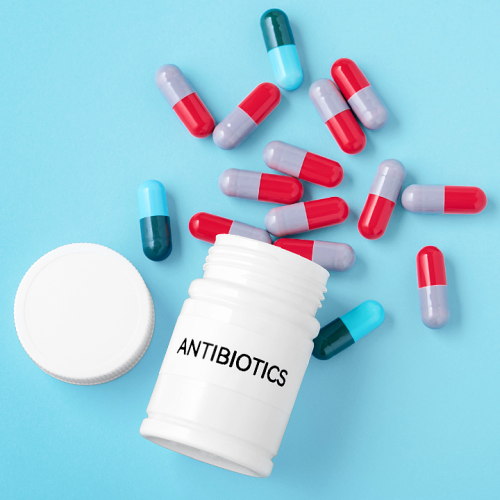Safe Supplementation Tips

Remember that dietary supplements do not replace a balanced diet or a healthy lifestyle, and taking too much or combining them incorrectly can do more harm than good.
Here are 5 helpful tips for safe supplementation.
1. Supplements do not replace food
A varied diet is the foundation of health. Supplements should only supplement, not replace, vegetables, fruit, protein, or healthy fats.
2. Be guided by your body's needs
It's not worth taking everything "just in case." It's best to base supplementation on specific needs – for example, test results (vitamin D, iron, or vitamin B12 deficiency).
3. Beware of interactions
Some supplements may interact with medications (e.g., St. John's wort reduces the effectiveness of hormonal contraception). Therefore, if you are undergoing treatment for any illness, for example, if you are taking antibiotics, always consult your doctor or pharmacist before starting supplementation.
4. Pay attention to dosages
More is not better. Exceeding the recommended amounts of vitamins and minerals can lead to side effects, for example, too much vitamin A burdens the liver, and too much iron harms the heart.
5. Check the source and quality
Buy supplements only from reputable sources, with clearly labeled ingredients and dosages. Avoid questionable products from unreliable websites.
Recommended

Transfer Factor Classic | 600 mg | 90 caps, dietary supplement, 4Life, USA

Transfer Factor Tri-Factor | 600 mg | 60 caps, dietary supplement 4Life, USA

